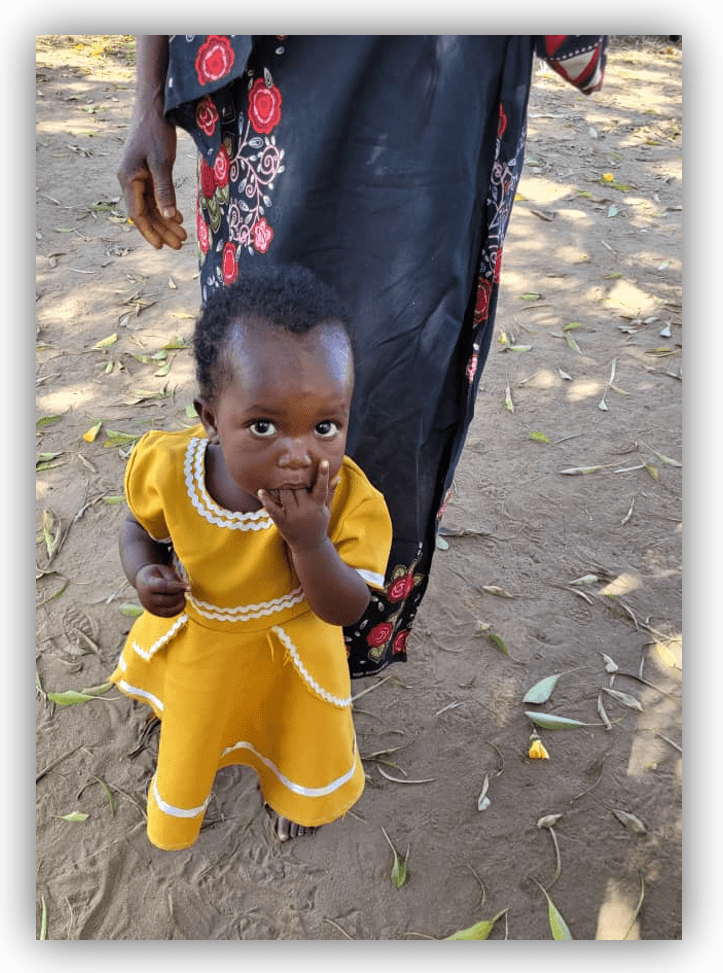
Merelina's mother died when she was only two weeks old and most people in her community did not believe she would survive.
Read MoreMeet Merelina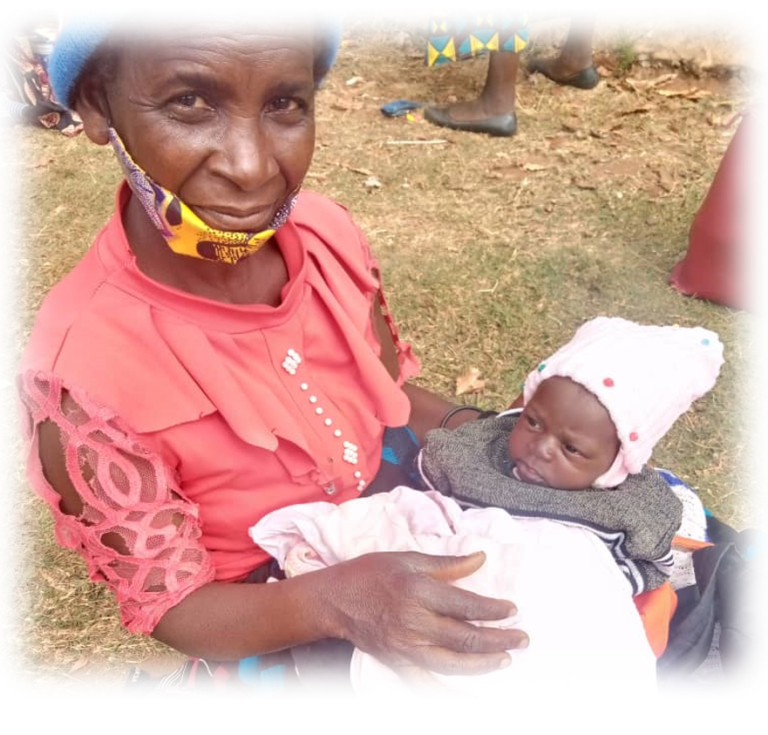
What happens when birth starts fast and furiously in a rural sub-Saharan African village but there are complications?
Read MoreJune 2022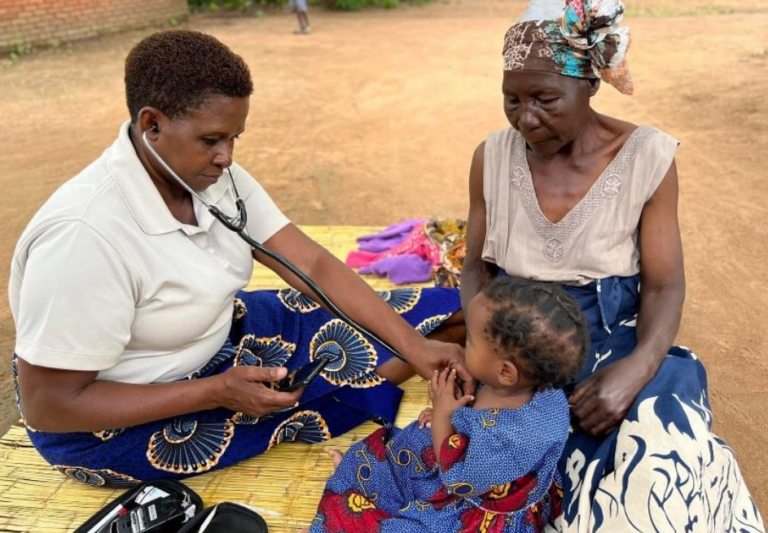
Jaqueline's twin boys were enrolled in our program this month. Our nurses found them crying from hunger at their grandmother's house.
Read MoreApril 2022Every month we hear stories of incredible bravery and resilience in the face of stark odds. These are our heroines...
Read MoreWhat does your heroine look like?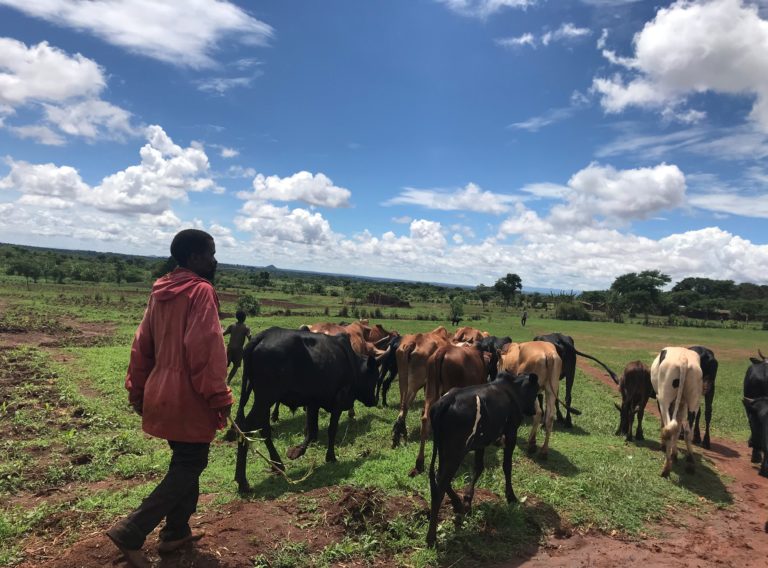
I've always found colors to be more vibrant in Malawi, particularly in rural areas. As we drive away from town, I touch...
Read MoreJanuary in Malawi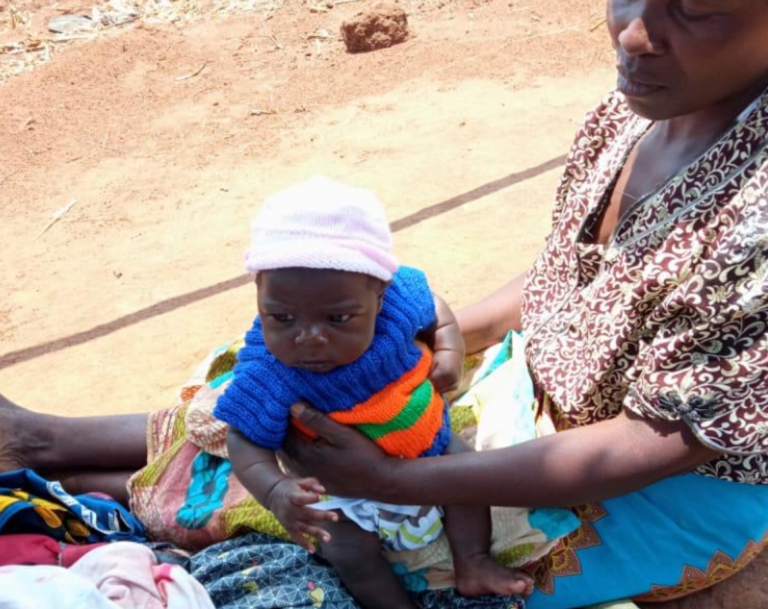
Dalitso's grandmother brought him for enrollment in October, his young mother hemorrhaged during his birth.
Read MoreNovember 2021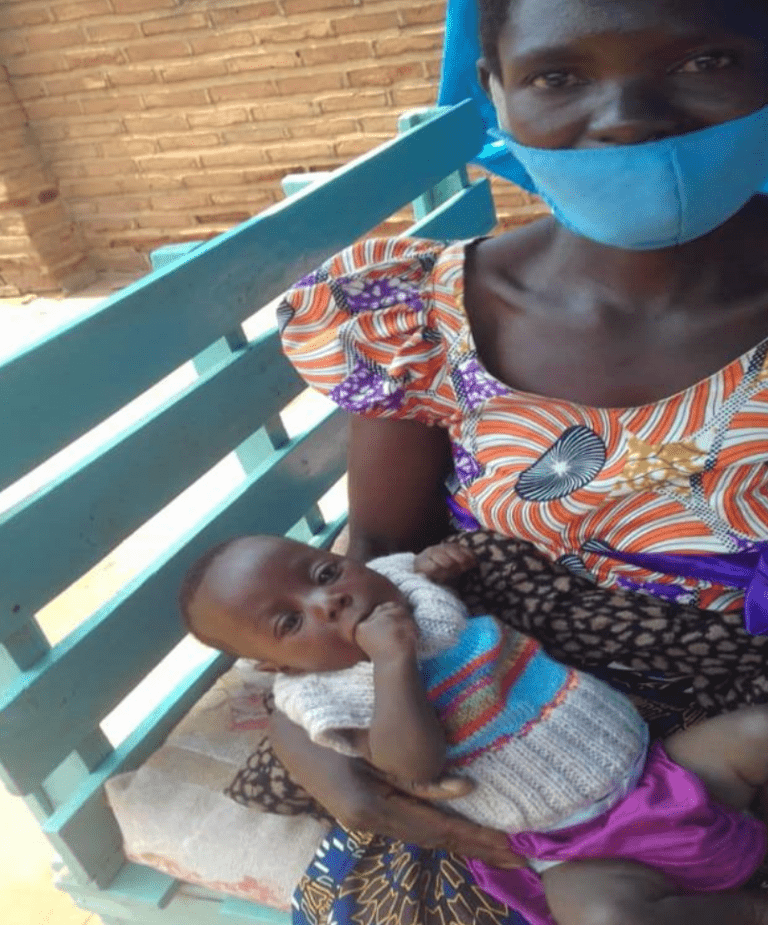
Grace lost her mother and Justina lost her baby. We met them both in October.
Read MoreOctober 2021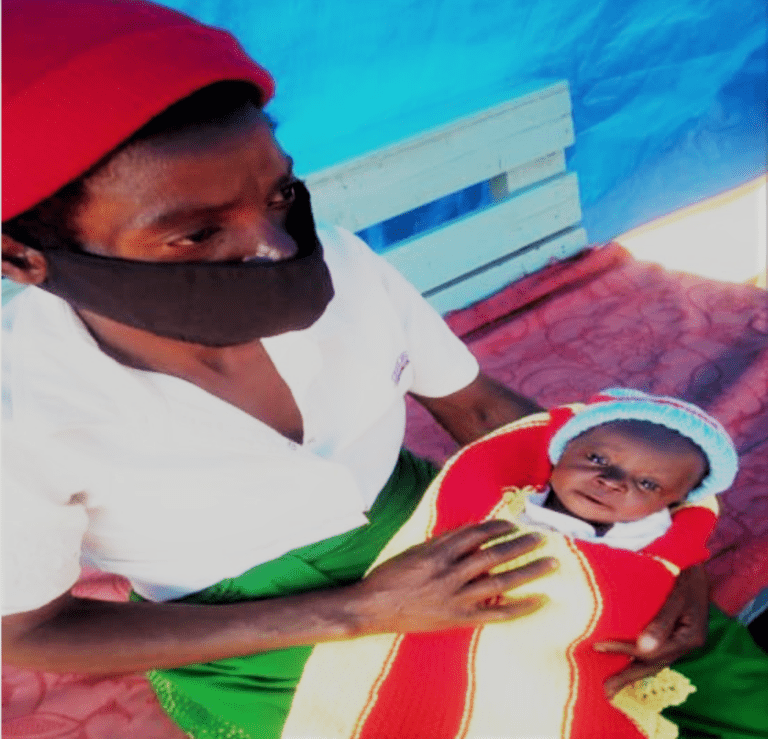
Chisomo was one of 19 babies enrolled in our program in August.
Read MoreAugust 2021






